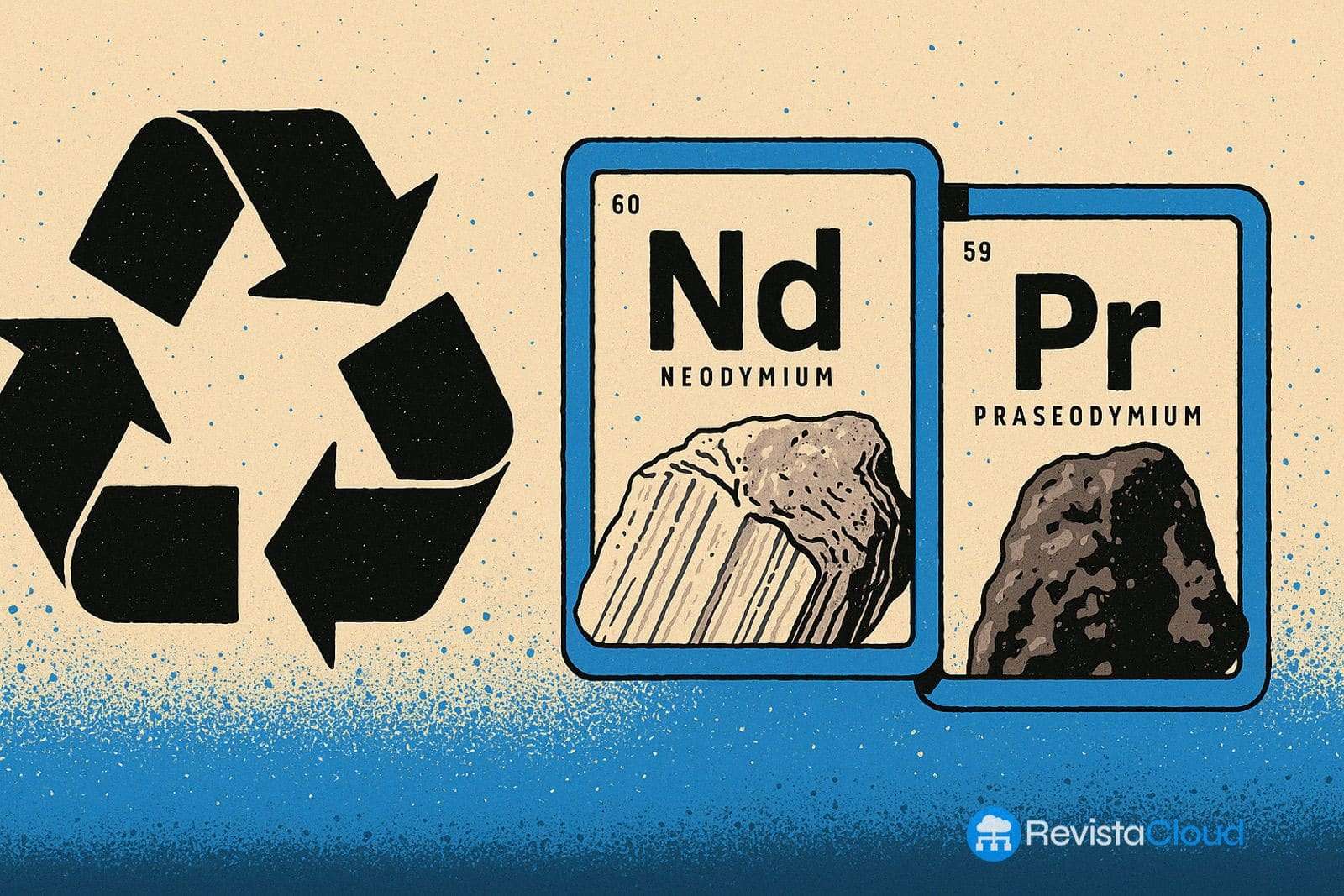Malaysia has become the new battleground for the geopolitical struggle over rare earths, critical minerals for the tech and energy industries. According to Malaysian Minister of Natural Resources and Environmental Sustainability, Johari Abdul Ghani, Chinese President Xi Jinping conveyed in April 2024 that Beijing is willing to assist the country in developing processing capabilities, provided that cooperation is limited to state-owned partners.
Technology Under Conditions
China, which controls most of the global rare earth supply chain, has made clear that its offer responds to the need to protect separation technology for these materials — an area where it holds a distinct competitive advantage.
Currently, discussions between the two governments are in the early stages, and no formal agreements have been finalized. However, Beijing’s gesture signals a strategic move: transferring knowledge to Malaysia under a restricted collaboration model that aims to prevent technology leaks to private actors or international rivals.
Malaysia, Between China, the U.S., and Australia
Malaysian deposits of rare earths exist, but the country lacks the technology and skilled workforce necessary for efficient extraction. Filling this gap, non-Chinese operators like Australian Lynas process concentrates imported from Australia at facilities located in Pahang and Kuantan.
The Malaysian government seeks to add value domestically and has therefore banned the export of unprocessed rare earths. The aim is to attract foreign investment in the intermediate and downstream segments of the supply chain. According to the Minister of Investment, Trade, and Industry, Zafrul Aziz, Kuala Lumpur maintains talks with both the U.S. and China, ensuring that policies will be applied equally and without discrimination to both powers.
A Sector with Billion-Dollar Reserves
In 2024, a reconnaissance study by the Department of Minerals and Geosciences estimated Malaysia’s rare earth resources at approximately 16.2 million tons, valued at around 747.2 billion ringgit (about $175 billion).
The country’s 2030 Industrial Master Plan projects that exploiting these resources could attract investments worth 100 billion ringgit and create around 4,000 jobs.
To coordinate this development, the government has established a special committee responsible for studying the industry, identifying challenges, and supporting sector growth. According to Deputy Minister of Investment, Trade, and Industry, Liu Zhentong, Malaysia is conducting official visits and international negotiations to accelerate entry into this strategic market.
The Strategic Dilemma
China’s offer arrives as the U.S. also seeks to strengthen its ties with Malaysia over critical resources, as part of its strategy to reduce dependence on Beijing for essential minerals used in semiconductors, electric vehicles, and clean energy.
China’s willingness to foster a competitor in Southeast Asia raises strategic questions:
- Is Beijing aiming to consolidate influence in Malaysia against Washington?
- Or does it intend to keep the regional industry development under its sphere of influence by imposing conditions that limit technology transfer to third parties?
In any case, Malaysia is emerging as a key player in diversifying global supply chains, grappling with the challenge of balancing its relationships with two major powers.
Conclusion
The discovery of vast reserves and the rising importance of rare earths in energy transition place Malaysia at the center of the geopolitical stage. China’s willingness to cooperate, albeit under strict conditions, reinforces the nation’s position as a strategic battleground between Beijing and Washington.
The decision Kuala Lumpur makes about who and how to develop its rare earth industry will not only shape its economic future but also determine its alignment in the technological rivalry of the 21st century.
Frequently Asked Questions (FAQ)
1. Why does China condition cooperation to Malaysian state-owned enterprises?
To protect its strategic separation technology for rare earths and prevent it from falling into the hands of private actors or international rivals.
2. How important are rare earths to the global economy?
They are essential for manufacturing semiconductors, wind turbines, electric vehicle batteries, permanent magnets, and high-end electronic devices.
3. What role does Malaysia play in the rare earth industry?
It has large reserves but lacks its own processing technology. With strategic investments, it could become a regional hub for production and refining.
4. How does this situation affect the U.S.-China rivalry?
Both powers seek to secure access to rare earths. China aims to strengthen its influence in Malaysia, while the U.S. promotes deals to diversify the supply chain and reduce dependence on Beijing.
via: digitimes

